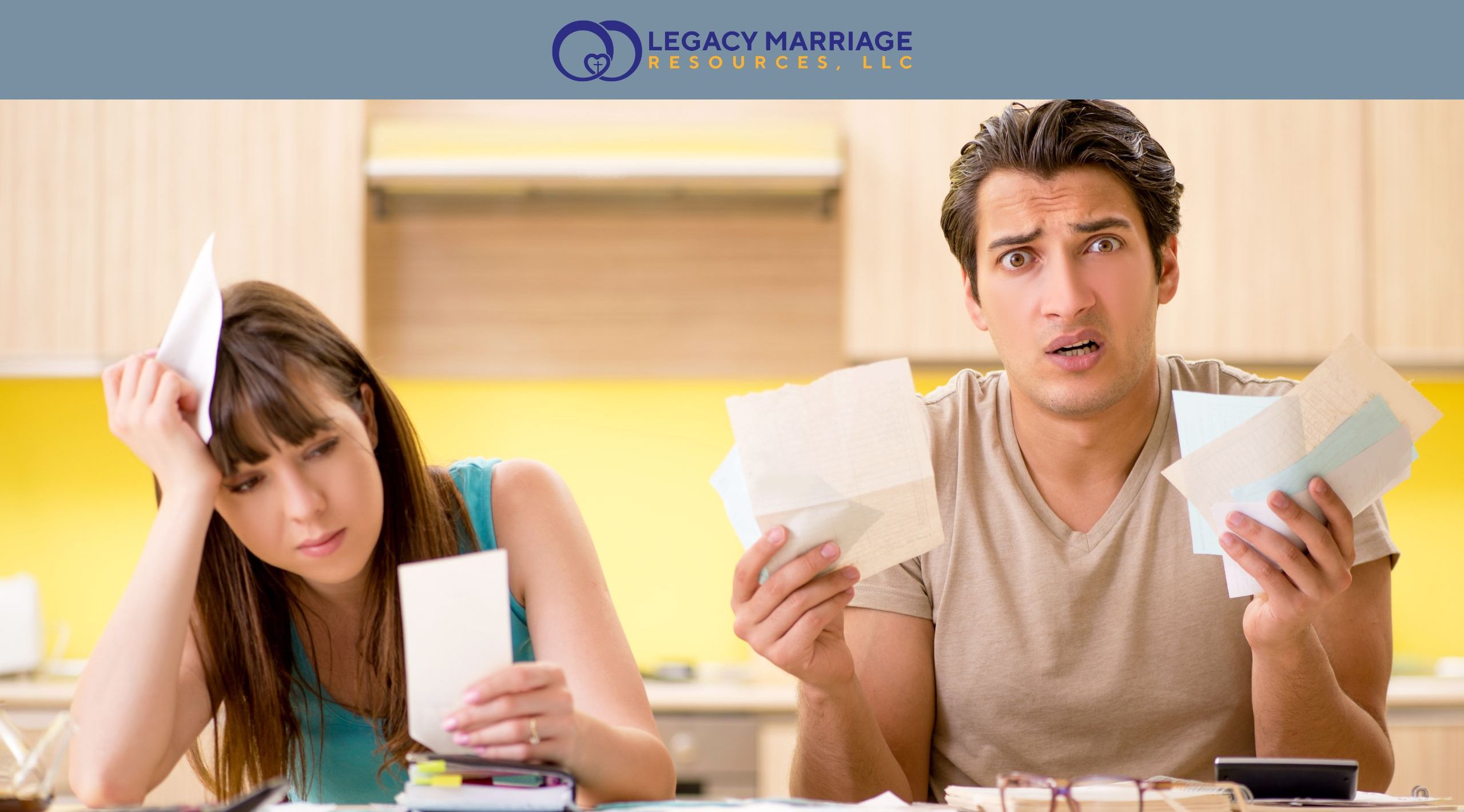Have you ever found yourself overwhelmed during an argument with your partner, shouting, crying, unable to get your words out calmly, only to wonder later, “Why did I get so upset?” Or maybe you shut down at the first sight of conflict, even when you know communication is important. We often blame how we handle conflict on our personalities, saying things like “I don’t like confrontation,” but what we do in these heated moments often points to our past.
As a couples therapist, I often tell my clients: “Our childhood experiences play an integral role in how we view the world, and that shapes the roles we play in our relationships, especially in how we communicate, how we handle stress, and how we react to conflict.” Understanding how your childhood still influences your relationships can be a powerful step toward understanding and changing the way you react to relationship troubles.
Your First Blueprint for Love
As a child, you watch your caregivers to learn what love is, how to give it, and receive it. These early experiences of love shape something called your attachment style—a pattern of how you relate to others.
If you felt safe, loved, and cared for regularly, you likely developed a secure attachment style. Things like expressing your needs and feelings, facing conflict, receiving love, and trusting others come more naturally to you. If, like most people, your childhood was less than perfect, you may have a more anxious attachment style that leaves you overanalyzing the behaviors of others, worrying about not being liked, or struggling with jealousy and fears of abandonment. Or perhaps an avoidant attachment style feels the safest for you. You tend to withdraw during conflict, finding it difficult to express your emotions and needs to others.
I often ask my clients, “Who is the fight and who is the flight during an argument?” as we begin to work through their patterns that lead to the communication struggles many couples request help with.
Childhood Roles Can Become Adult Struggles
In many families, children are unintentionally assigned emotional roles in their family system. Were you the peacekeeper? The caretaker? The one who always had to be strong? Those roles often carry over into adult relationships.
For instance:
- The “caretaker” child might become the partner who sacrifices their needs to keep the relationship going—until resentment builds.
- The “invisible” child might struggle to express their feelings or ask for what they need from a partner.
- The “perfect” child might hold themselves to unrealistic standards, fearing any mistake could mean rejection.
These patterns helped you fit in with your childhood family, but as adults, the same behaviors could be hindering your relationships more than helping.
Emotional Triggers: Clues to the Past
If you’re unsure whether your childhood is still affecting your relationships, take some time to think about your emotional triggers—the moments when your reaction feels bigger than the situation.
Do you feel abandoned when your partner needs space? Do you become overly defensive when receiving feedback? Do you feel unsafe expressing your true feelings? Do you struggle to ask for help?
These are all potential indicators that unhealed wounds from childhood are showing up in your adult life. You’re not overreacting—you’re responding with the emotional memory of a younger version of yourself.
The Good News: You Can Heal
Be encouraged, because the truth is that these patterns can be changed. Our brains and hearts are wired for healing and growth. Here’s where therapy can make all the difference.
A counselor can help you:
- Understand how your past is affecting your present
- Learn new, healthy ways to relate to others
- Create boundaries, communicate effectively, and build emotional safety
- Break generational patterns so your children experience healthier models of love
Marriage counseling can be a safe space to explore how both partners’ histories are shaping the relationship dynamic. Individual therapy can be a space to explore your personal contributions to relationship problems and the world around you. Therapy is not about blaming the past; it’s about understanding the past to change the future.
You Don’t Have to Figure It All Out Alone
Healing doesn’t mean blaming your parents or rehashing everything that went wrong. It means gently unpacking your story with someone who can help you make sense of it, and guiding you toward healthier, more connected ways of living and loving.
If anything in this post resonates with you, consider this your invitation. Whether you’re noticing patterns you want to change, or simply want to better understand yourself and your partner, therapy can help. Your past doesn’t have to control your future—and it’s never too late to create the kind of relationships you truly want.
Author: Michelle Hooks, Intern

